Keywords: Fatima Measham
There are more than 24 results, only the first 24 are displayed here.
Become a subscriber for more search results.
-
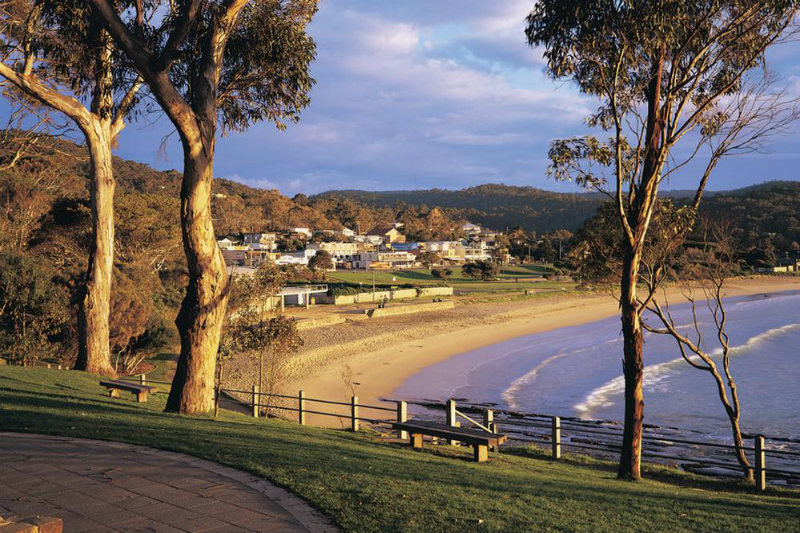
ENVIRONMENT
- Fatima Measham
- 19 July 2018
7 Comments
There are severe limitations in the western ways we tend to think about land. Land is conceived in terms of ownership and property — ideas that are implicated not just in colonial histories, but in extractive industries and concentrations of wealth. In this model, land is a fulcrum of power.
READ MORE 
-
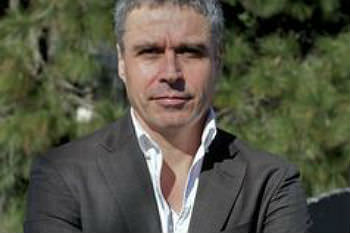
PODCAST
Academic and journalist Antonio Castillo is a close observer of political tensions in Latin America. He joins us today to talk about the rise of evangelical movements in the region. Why did these groups become so popular? What makes them such a political factor? And what does it mean for them to be politically engaged, in a time when people are looking for alternatives?
READ MORE
-

ENVIRONMENT
- Fatima Measham
- 05 July 2018
13 Comments
We can speculate on the reasons for the recent rage against plastic bag bans. We don't like change. We don't like being told what to do. We don't like having to think about alternatives and solutions. But at the heart of it, being mad about this particular inconvenience is about refusing to accept one's part in improving the collective lot. This is the one planet we have. There is no Plan B.
READ MORE 
-
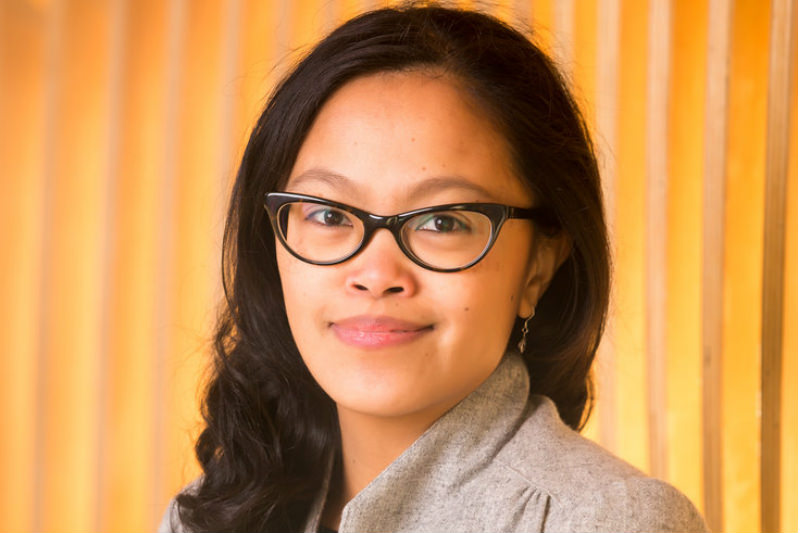
PODCAST
Women were prominent members of the earliest Christian communities, and, history is replete with Catholic women whose model of service and leadership set a standard for how Catholics engage with the world. So why aren't they as familiar to us as other workers? And what can the Church learn from modern women?
READ MORE
-
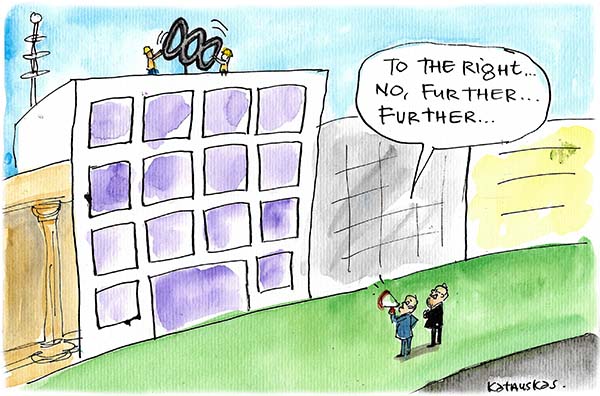
MEDIA
- Fatima Measham
- 20 June 2018
20 Comments
There is political hay to be made in convincing the right that the ABC has a leftward bias. The strategy counts on short memories. When Labor was in power, it would routinely complain that, in being too stringent with government, the ABC was aiding the Coalition. This only suggests that the ABC does its job, no matter who is in charge.
READ MORE 
-
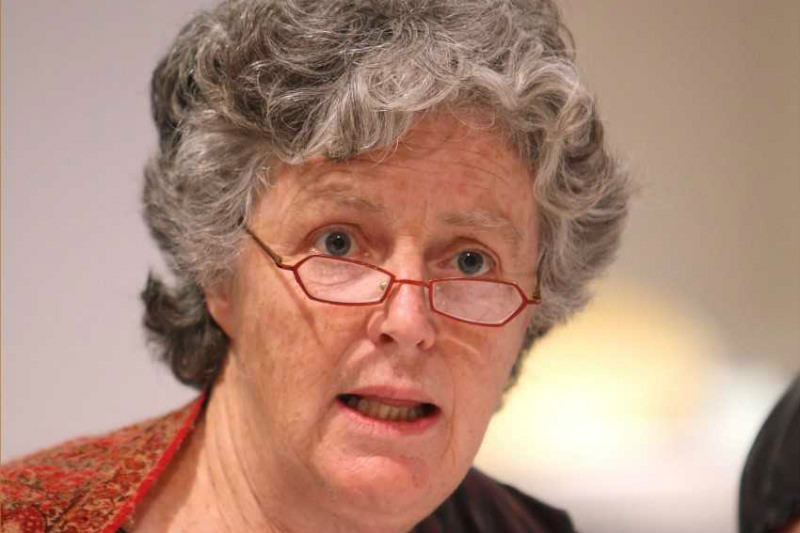
PODCAST
What does modern slavery look like? What facilitates it? What can be done to protect human beings from such exploitation? In this episode, we talk to the national executive officer of Australian Catholic Religious against Trafficking in Humans (ACRATH). Christine Carolan.
READ MORE 
-
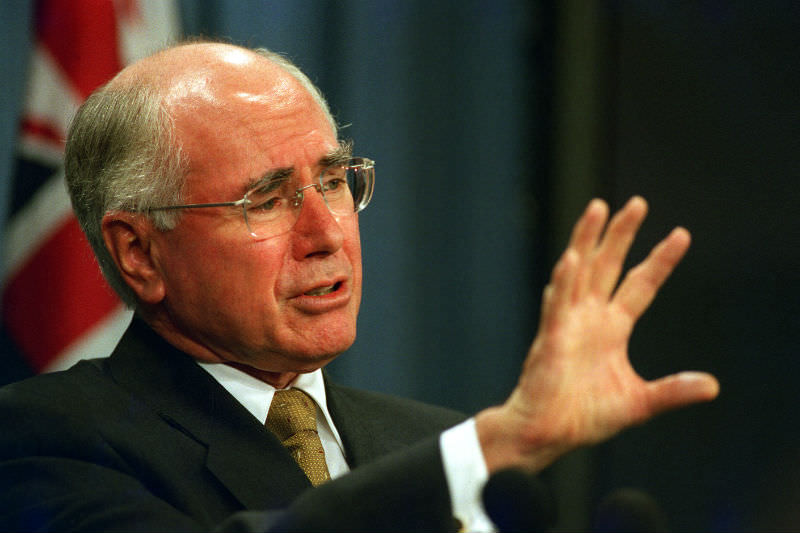
AUSTRALIA
- Fatima Measham
- 07 June 2018
60 Comments
The Ramsay Centre was an agenda-laden venture at the outset. It has now been left hanging after ANU withdrew from negotiations, with Vice-Chancellor Brian Schmidt saying that a difference of vision led to the decision. The Ramsay Centre's focus on western 'civilisation' was never neutral to begin with. The people involved gives that away.
READ MORE 
-
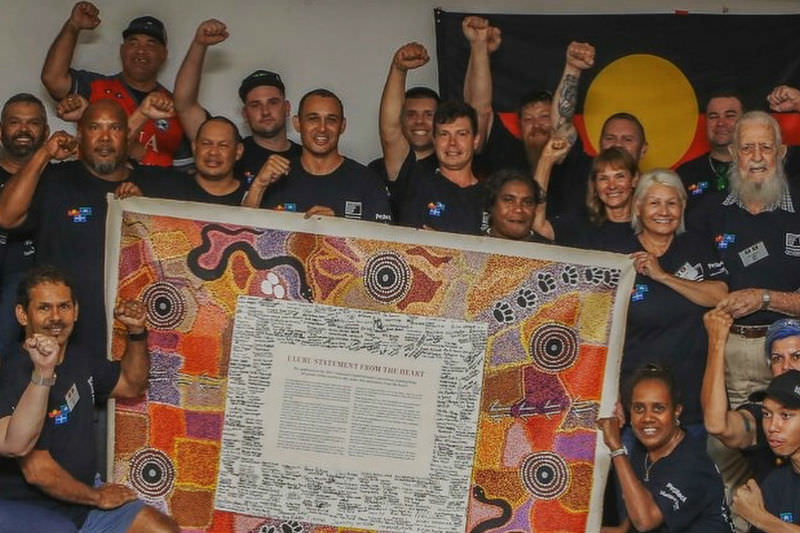
PODCAST
Thomas Mayor, a Torres Strait Islander and the NT branch secretary of Maritime Union Australia, has been bringing the Uluru Statement to different communities. He talks about what the past year has been like and what he thinks it's going to take make the vision at Uluru a reality.
READ MORE
-

AUSTRALIA
- Fatima Measham
- 24 May 2018
3 Comments
These are people living precariously: pregnant women, families with young children, elderly people. They are being 'transitioned out' of Status Resolution Support Services based on 'job-readiness'. The move not only illustrates the arbitrary nature of immigration policy, which sets people up to fail; it is institutionalised sadism.
READ MORE 
-
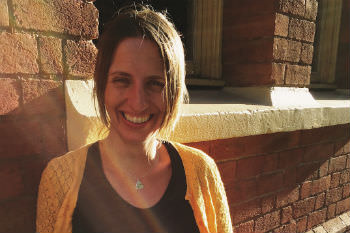
PODCAST
In Hebrew traditions and in the Old Testament, the personification of wisdom was always that of a woman, known as Sophia. This carried to early Christian texts in which Jesus was held as female divine. Uniting Church minister Rev. Dr Sally Douglas talks about the qualities that made Jesus compatible with Woman Wisdom.
READ MORE
-

EDUCATION
- Fatima Measham
- 10 May 2018
8 Comments
For the past several years, education has been treated as solely a technical problem. One of the pitfalls of this is that political will becomes a function of money, which in turn rests on political expedience between federal and state governments, further complicated by external lobbying. Education gets ground to a grain.
READ MORE 
-
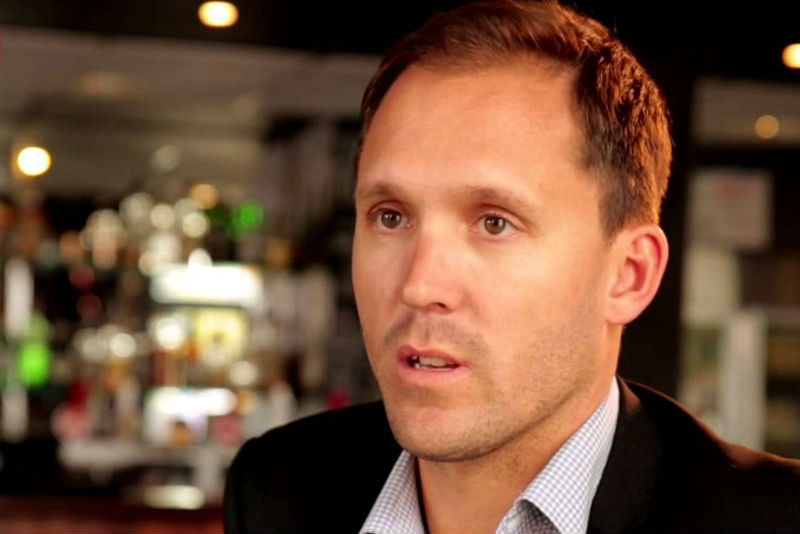
PODCAST
How does sport elevate and constrain our understanding of what it is to be a man? Luke Ablett is a former professional football player, who played for the Sydney Swans from 2002 to 2009. In this episode, he talks about what led him to advocate for gender equality, and the questions raised by toxic masculinity.
READ MORE